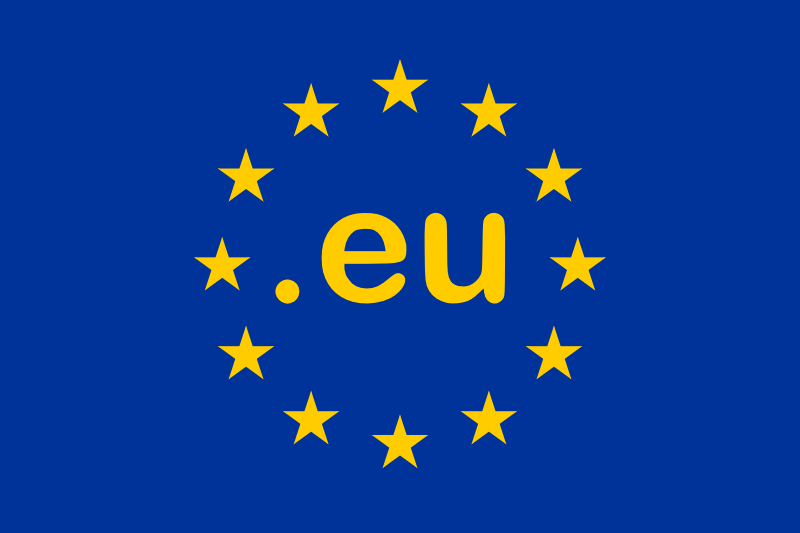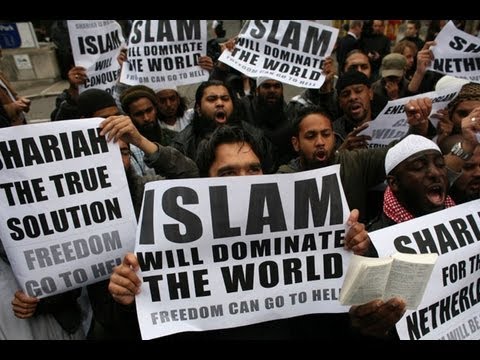The European Union on Thursday March 13, 2014 passed a resolution challenging the sovereignty and territorial jurisdiction of two African countries namely Nigeria and Uganda. The EU parliament issued statements questioning the legitimacy and jurisdictional powers of the two African countries to make laws for their people.
EU Parliament backed sanctions on Uganda and Nigeria for daring to enact an anti homosexual law in their country without the permission of their highly esteemed colonial masters (EU).
MEPs approved a non-binding resolution which said that the two countries violated the Cotonou accord.
The European Commission, the EU’s executive arm, has therefore been mandated to ensure compliance at the EU-Africa Summit which takes place early next month.
The targeted sanctions by the EU include travel and visa bans, against “the key individuals responsible for drafting and adopting” the laws, the resolution said.
Additionally, the EU parliamentary statement in review threatens to redirect development aid strategy and financial aid from Uganda and Nigeria, to colonial countries and other organisations loyal to the dictate of the European Union.
EU Budget Commissioner Janusz Lewandowski, representing the Commission, told MEPs Brussels already “had very frank discussions with the two countries”, with more talks planned.
“The outcome of these contacts will be very important in determining how our relations with Nigeria and Uganda develop under the Cotonou accord,” Lewandowski said.
MEPs charged that the laws passed in the two countries amounted to a “grave menace”.
In a related development, the Nigerian Foreign Minister Ambassador Aminu Wali yesterday issued a firm warning to the United Nation that Nigeria will not capitulate nor repeal the anti homosexual law recently passed. He made this position known when the UN High Commissioner, Ms. Navi Pillay paid him a courtesy visit in the nation’s capital in Abuja. Ambassador Wali said the law enjoys the unanimous support of Nigerians and homosexuality is incompatible with the cultural values of Nigeria.
Also in this regard, observers have continued to question the wisdom by the EU who claims to be the founding fathers of democracy and yet oppose the tenets of democracy? They question the rationale behind opposing a law which enjoys the popular support of the masses as with the Uganda and Nigeria case study, in preference for dictatorship?










